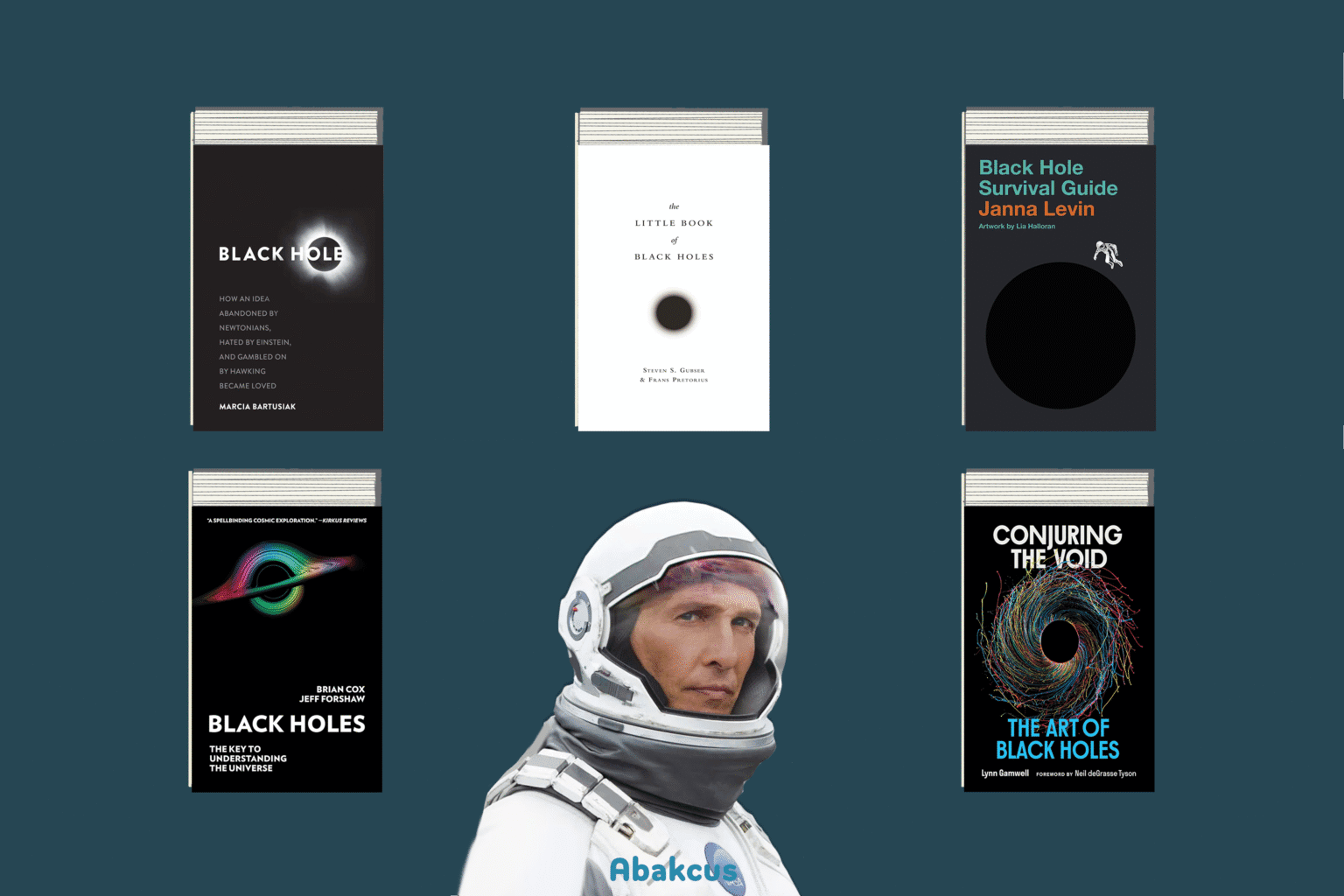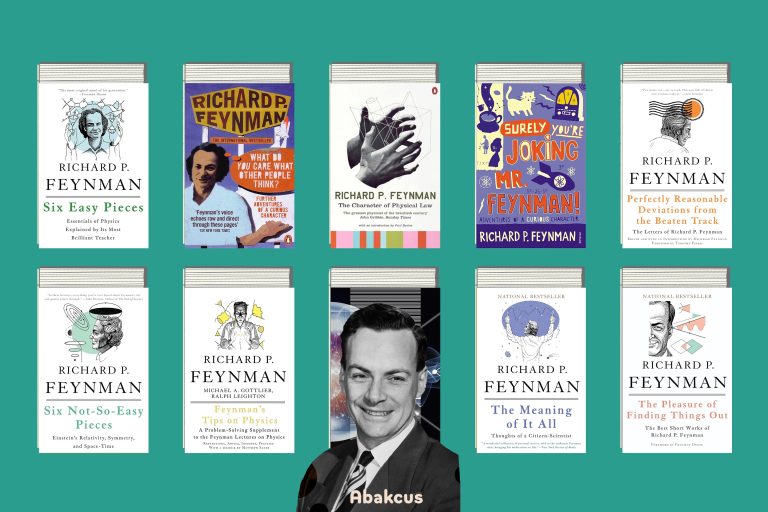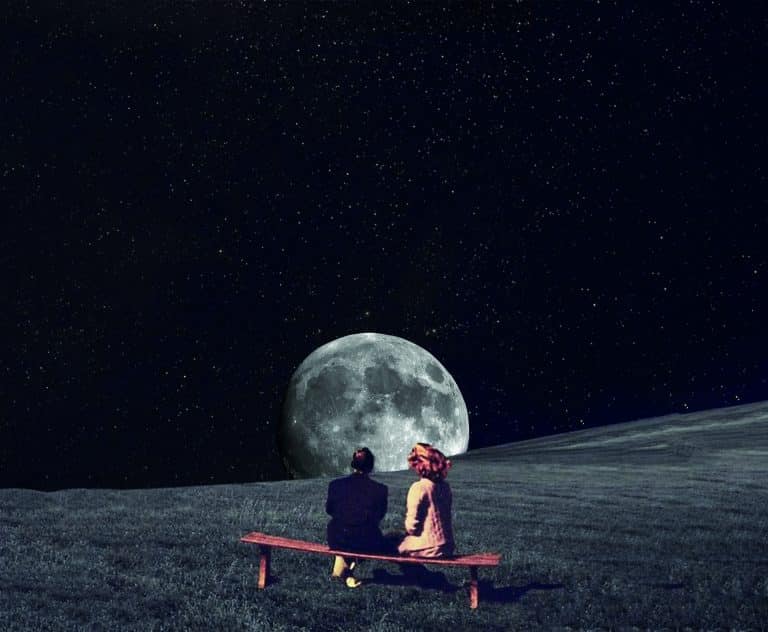Dear curious reader, if you are reading these lines, you are likely determined to gain an in-depth understanding of black holes—the most bizarre, mysterious, and violent objects in the cosmos. Let’s be honest: black holes are not just a science fiction fantasy or a pop culture trope; they are places where mathematics itself declares, “You cannot escape me!” and where spacetime is literally torn. And to properly grasp this subject, you need a solid starting point. This is why we know exactly what you are looking for: of course, the definitive list of the best “books about black holes.”
So, where should we begin with this massive topic? Our sources tell us that a black hole is, in its simplest expression, a region of space where a mass is concentrated enough that nothing nearby can escape its own gravitational field. While this idea stretches back to the 18th century, the real explosion came in the early 1900s with Albert Einstein’s General Theory of Relativity (GRT). Black holes were the inevitable results of GRT’s mathematical equations. According to Einstein, gravity is a manifestation of the curvature of spacetime. Black holes twist, warp, and bend space and time so severely that the rules of known geometry cease to apply.
The Speed of Light Can’t Save Us: What the Books About Black Holes Tell Us
The minimum launch velocity required for an object to completely break free from a planet’s gravity is called the escape velocity. While this speed is 11.2 km/s for Earth and 2.4 km/s for the Moon (ignoring friction), imagine an enormous mass condensed into a radius where the escape velocity is greater than the speed of light (300,000 km/s). Since nothing can travel faster than light, nothing—not even a beam of light—can escape the gravitational pull of this mass. This fundamental principle is precisely why these objects are “black.” If you wish to understand this concept in detail, your go-to sources must be the best “books about black holes.”
The ultimate boundary of this phenomenon is called the Event Horizon. This is the cosmic barrier from which there is absolutely no return. The Event Horizon can be viewed as the location where the escape velocity is exactly equal to the speed of light. The bizarre part is that, according to the sources, while the horizon may appear static to a distant observer, as you approach it, you realize it is actually moving inward at the speed of light! This explains why crossing the boundary inward is irrevocable and why escaping outward is impossible; to pass the horizon moving outward, you would need to travel faster than light.
Cosmic Spaghettification and the Singularity
Once you cross the Event Horizon, what awaits you is a complete scientific nightmare: the Singularity. Once inside, you can no longer choose to change your location (your space). Spacetime is so distorted that the radial coordinate (r), which defines distance, begins to flow like time, and the time coordinate (t) acts like space. Just as you cannot prevent yourself from going into the future now (time always flows forward), you cannot prevent yourself from falling toward the center (the Singularity) once inside the horizon. Trying to avoid this end is like trying to escape next Monday.
If you happen to fall into a small, stellar-mass black hole, before reaching the Singularity, a horrific end known as “spaghettification” awaits you. The difference in gravitational pull (tidal forces) between the point closest to the black hole (say, your feet) and the furthest point (your head) becomes so immense that your body is torn apart, ripped to shreds, and disintegrated. These terrifying yet mathematically sound aspects of black holes, which the no-hair theorem states are only distinguishable by mass, rotation (spin), and electric charge, require dedicated study using reliable “books about black holes.”
It should be remembered that black holes were mathematically theorized as a necessity, and their reality was proven with the discovery of X-ray binary systems like Cygnus X-1. Furthermore, the existence of vast central masses required for the rotation of galaxies (like Sagittarius A) solidifies the mathematical necessity. As Carl Sagan suggested, “the known universe already has a structure where light cannot escape due to the gravitational pull of its density”.
To understand these depths, including complex issues like Hawking Radiation (which raises serious questions about the conservation of information), we need those 5 books about black holes that will confront us with the universe’s deepest secrets.
If you are ready, let’s move on to the list of “books about black holes” that will conclude your search!
The Little Book of Black Holes by Steven S. Gubser

Steven S. Gubser and Frans Pretorius’s The Little Book of Black Holes is like a compact yet dense encyclopedia for readers who already have a good relationship with physics. The authors take the reader on a journey from Einstein’s theory of relativity to Schwarzschild and Kerr black holes, and finally to the detection of gravitational waves by LIGO. This short but mind-expanding book presents black holes not as dark traps in space, but as nature’s most elegant stories written in the language of mathematics.
Gubser and Pretorius strike a rare balance — their writing is neither too technical nor overly simplified. Concepts like time dilation, energy loss, and the curvature of spacetime are explained through thought-provoking analogies rather than cold equations. The final section, “A Letter to Einstein,” adds a poetic touch — a reminder that science, at its best, is a quiet dialogue between human curiosity and the vastness of the universe.
If you’re searching for Books About Black Holes that truly stretch your mind yet leave you with that pleasant feeling of cosmic bewilderment, The Little Book of Black Holes is the one. Despite its small size, it quietly pulls you into the deepest layers of gravity — just like a black hole itself.
Conjuring the Void: The Art of Black Holes by Lynn Gamwell

Lynn Gamwell’s Conjuring the Void: The Art of Black Holes is one of those rare books that explores black holes through the lens of human imagination rather than just physics. Published by MIT Press, it’s a visually stunning work that treats black holes not as equations to solve but as reflections of how we relate to darkness itself. Gamwell begins by tracing how scientists first mapped these invisible giants — how space bends, how light disappears, how gravity hides its own traces — and then turns to those who tried to picture the unseeable. You meet figures like Anish Kapoor, who created materials that swallow nearly all visible light, and Olafur Eliasson, who bends light and emptiness into physical form.
Gamwell’s approach isn’t academic. She’s not dissecting theories; she’s observing how people have tried to make sense of the void with their own hands and eyes. Themes like nothingness, silence, and disappearance connect ideas from Eastern philosophy to the most abstract expressions of the modern age. Each page feels like a meditation on how humans face the unknowable — not to solve it, but to sit with it.
If you’re exploring Books About Black Holes and want something that goes beyond astrophysics, Conjuring the Void stands out. It’s less about understanding black holes and more about feeling them — how they reshape our sense of space, light, and existence itself.
Black Hole Survival Guide by Janna Levin

Janna Levin’s Black Hole Survival Guide isn’t a book that tries to “teach science” — it’s a book that says, “even the most mind-bending things in the universe can be talked about like humans.” The tone is casual, even darkly funny at times. Because, let’s be honest: there’s no surviving a black hole. But Levin hands you a telescope and says, “well, since we’re headed there anyway, we might as well enjoy the view.”
This isn’t your typical pop science read. There are no endless formulas, diagrams, or Einstein quotes. Instead, it feels like a cosmic confession about how absurd and beautiful the universe can be. Black holes here aren’t monsters — they’re patience tests for the cosmos. She dives into time distortion, swallowed light, and the vanishing of information with such an easy, conversational tone that it feels less like reading a textbook and more like listening to a late-night radio show.
Levin’s humor keeps the science close to home. When she says “don’t spend too much time near a black hole,” you can almost see her smirk. Because she knows — curiosity itself is a dangerous kind of gravity. And that’s what makes this book brilliant.
If you’re searching through Books About Black Holes not for another definition of what they are, but for an understanding of why we can’t stop looking into them, Black Hole Survival Guide hits that exact spot. It starts like a guide but slowly turns into a confession: we stare into the darkness because, in some strange way, it looks a little like us.
Black Holes: The Key to Understanding the Universe by Brian Cox

Brian Cox’s Black Holes: The Key to Understanding the Universe begins right where a physicist might grin and say, “Alright, let’s stretch your brain a bit.” He doesn’t talk about black holes as distant cosmic monsters but as places where the universe tries to understand itself. Cox’s tone here is different from the calm, TV-presenter version of himself — he’s more like the kind of teacher who says, “You might not get this on the first try, but trust me, it’s worth it.” Space-time bends, light disappears, equations pile up, and yet you keep turning the pages because somehow, the confusion is addictive.
This isn’t the kind of pop science that makes black holes “cute.” It’s demanding — more like mental weight training than casual reading. Penrose diagrams, quantum entanglement, the information paradox… they come one after another until your brain starts to melt a little. But that’s the point. Cox doesn’t want you to memorize equations; he wants you to feel the idea. Every chapter echoes with that same question — how far can human curiosity really go? And by the end, you realize the book isn’t just about black holes, it’s about our obsession with understanding the impossible.
If you’re digging through Books About Black Holes looking for something that will both dazzle and challenge you, Black Holes: The Key to Understanding the Universe hits that balance perfectly. It’s not an easy ride, but Cox never promised comfort. He takes you right to the edge of what we know — and leaves you there, staring into the dark, realizing that this is what it means to understand.
Black Hole: How an Idea Abandoned by Newtonians, Hated by Einstein, and Gambled On by Hawking Became Loved by Marcia Bartusiak

Marcia Bartusiak’s Black Hole: How an Idea Abandoned by Newtonians, Hated by Einstein, and Gambled On by Hawking Became Loved is exactly what its title promises — not the history of black holes themselves, but the story of how people spent decades refusing to believe in them. Bartusiak tells this tale of scientific stubbornness with the precision of a journalist and the pacing of a novelist. Newton’s doubts, Einstein’s resistance, Hawking’s persistence, and Chandrasekhar’s rejection all meet on the same stage. Each pushes the idea of black holes to the breaking point of their own time — and what emerges is a story not just about science, but about patience, pride, and the human tendency to resist the unimaginable.
Her writing doesn’t read like a dry chronology of discoveries; it feels more like a character-driven drama where egos and rivalries shape the progress of physics. Einstein calls it impossible, the next generation says “why not?” Zwicky’s temper, Eddington’s arrogance, Chandrasekhar’s quiet defiance — they all move the story forward more than any equation ever could.
If you’re searching through Books About Black Holes not just for cosmic theory but for the human messiness behind it, Black Hole is the one to pick up. There are no formulas here, but plenty of intellectual brawls. By the end, you realize the greatest mystery isn’t out there in space — it’s in the way scientists look at one another.
So, here we are—standing at the edge of the universe’s biggest question mark. Each of these books about black holes offers a different way of peering into the void: Gubser and Pretorius give you the mathematics of gravity’s madness, Levin turns it into an intimate confession, Cox stretches your brain until it bends, Bartusiak tells you the messy human story behind the equations, and Gamwell paints the darkness in ways words can’t.
Black holes aren’t just astronomical objects; they’re thought experiments about what it means to understand something that resists understanding. Every time we look at them, we’re really testing the limits of curiosity itself. That’s what makes this list special—it’s not just about what we know, but about how we keep wanting to know more, even when the light runs out.
In the end, crossing the event horizon isn’t about falling into darkness. It’s about realizing that curiosity has no escape velocity.







